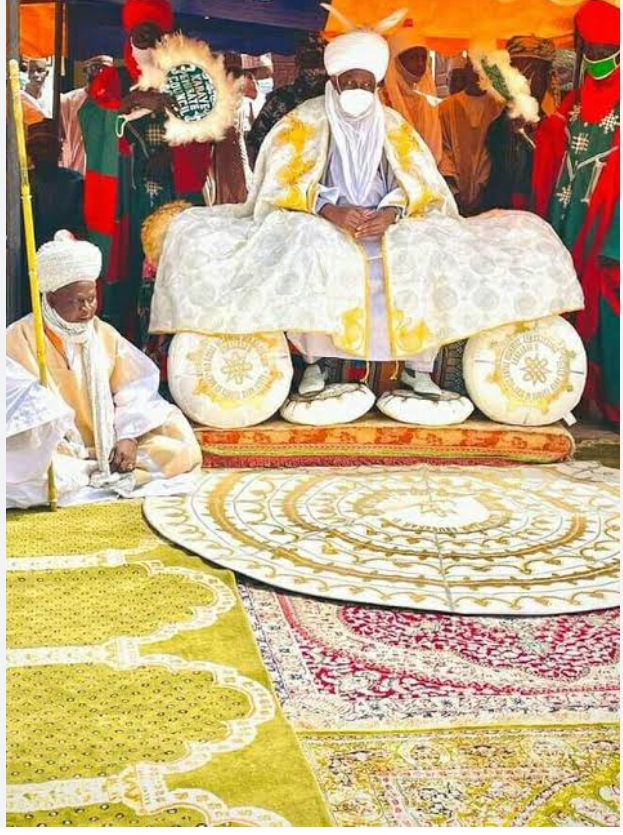Traditional institutions have been described as custodians of people’s heritage and historical identities.
The Deputy Speaker, Kano State House of Assembly (KNHA), Alhaji Kabiru Hassan Dashi made the assertion during an occasion to commemorate one hundred years of establishing Kiru district, in Kano state.

According to the Deputy Speaker, Kiru District, would always serve as a pacesetter, in promoting traditional and Cultural identity of Karaye Emirate and Kano State in general.
He commended the foresight of Governor Abdullahi Umar Ganduje, for the establishment of four new emirates councils, which is aimed at bringing traditional institutions closer to the people.
Alhaji Kabiru Hassan Dashi, congratulated the District Head of Kiru, Alhaji Garba Alhaji, for the successful conduct of the programme, and for his immense contributions to the development of the area.
Earlier in his welcome address, the Executive Chairman of Kiru Local Government, Alhaji Muntari Isiyaku Kafin Maiyaki, pointed out that the celebration, is an avenue for the good people of Kiru to portray their cultural heritage, and respect to the traditional institution.
He noted that, the local government council was committed to uplifting the standards of living among citizens, and commended all those who spared their time to attend the gathering.
In his speech, District Head of Kiru, who doubles as Dan Madamin Karaye, Alhaji Garba Alhaji said the occasion was organized to further redefine the historical background of Kiru District, and it’s role in cultural development of the area.
He expressed satisfaction with the dedication of Emir of Karaye, Alhaji Dr Ibrahim Abubakar II for his role in uplifting the emirate to international standards.
Radio Nigeria reports that, the occasion was organized to reflect on achievements since the establishment of Kiru District from 1922-2022 and as a means of preserving the historical background for the upcoming generation to fully understand their cultural background.
KHADIJAH ALIYU
